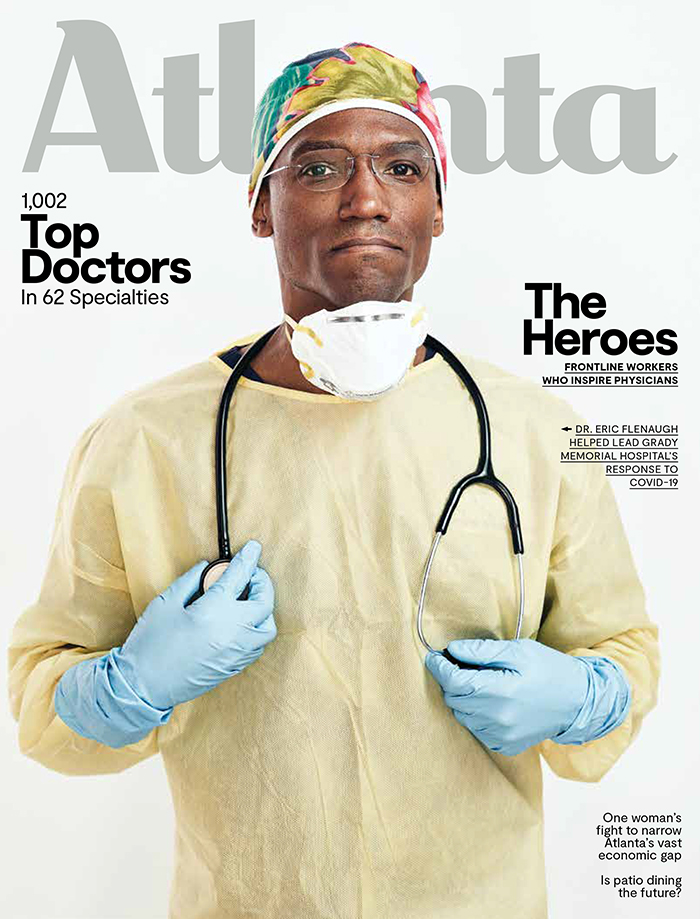Going back to school can tax your kid’s health. Catching up with old friends and making new ones can be an exciting time, but close contact with other kids also increases the chance that they’ll become sick or have an accident that results in an injury.
In the first few months of a new school year, there are lots of germs going around. They’re on desks, keyboards, in the classroom, and on the playground—where accidents also happen. The best way to minimize these germs is to teach your child to wash their hands well—and often. If your child does come down with a bug, keep them home from school until they’re fever-free for 24 hours without medicine.




